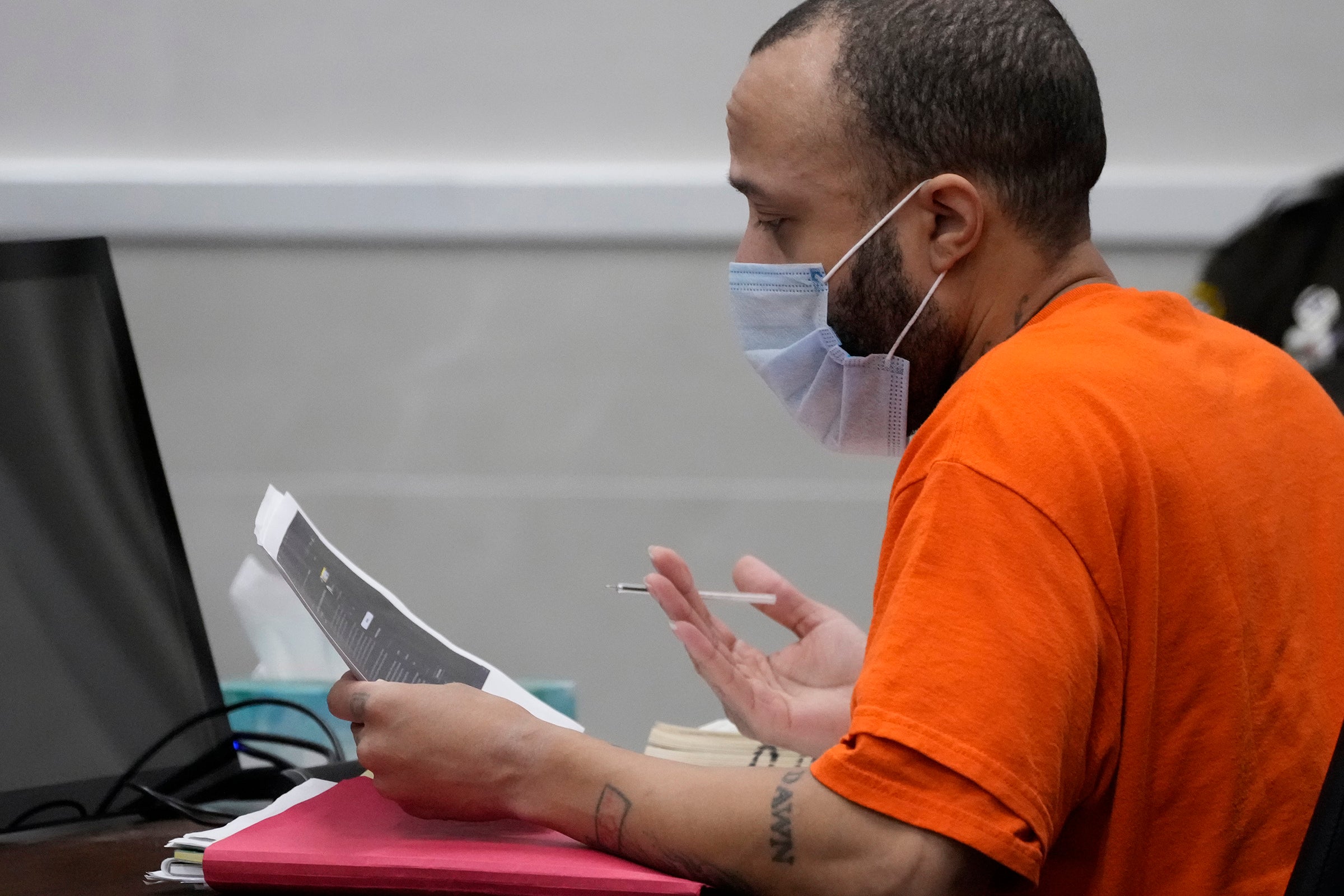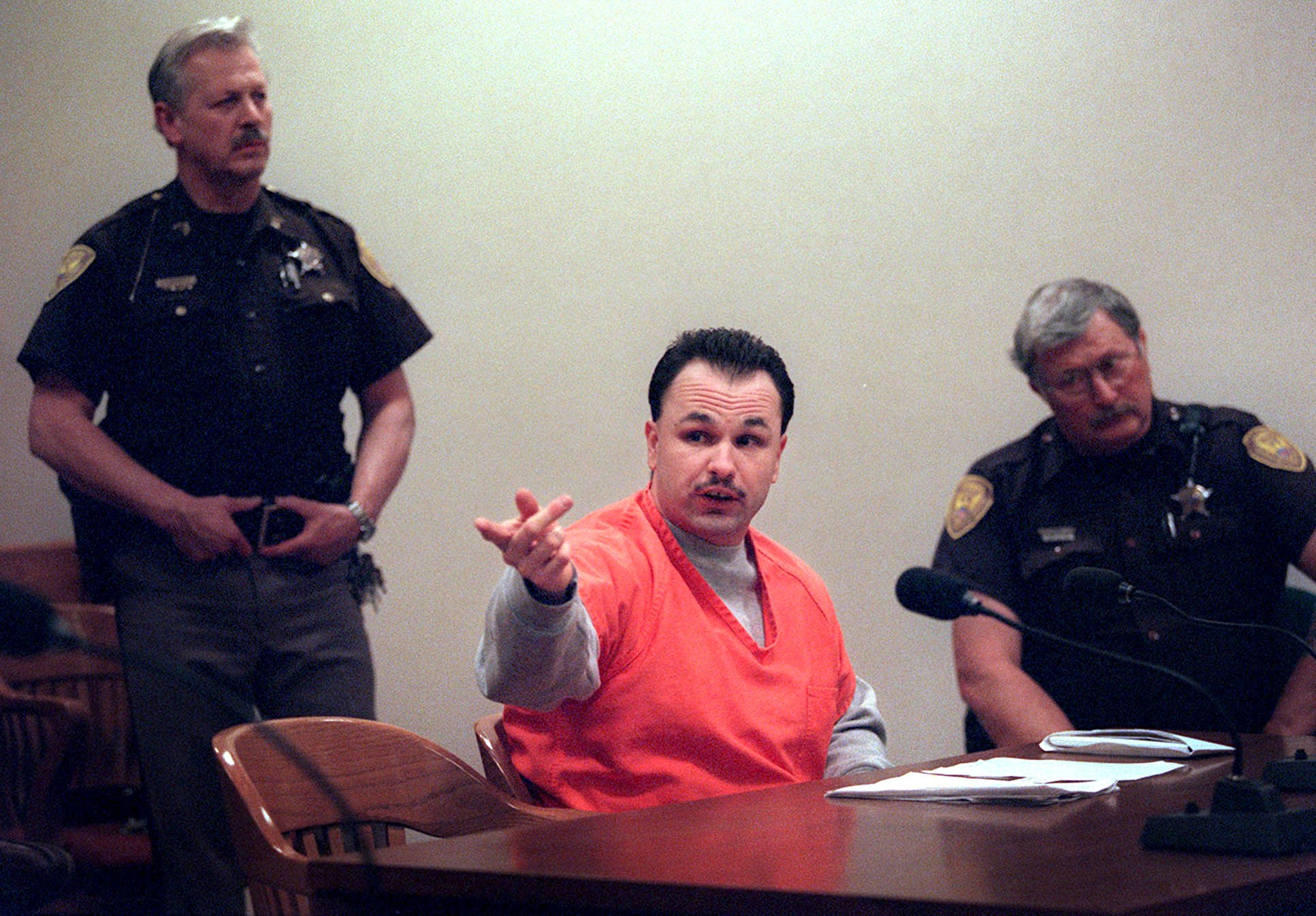The state Supreme Court has ruled against granting a new trial to a Beloit man convicted of stabbing his ex-girlfriend to death, rejecting the man’s request to plead insanity because he was suffering from the side effects of a prescription drug.
In August of 2008, Donyil Anderson broke into his ex-girlfriend’s house and stabbed her and her new boyfriend multiple times. At his trial, he tried to blame his behavior on side effects of the drug Strattera, which had been prescribed by his doctor to treat attention deficit disorder.
The Supreme Court’s 5-2 ruling rejected that argument, and bars defendants in the future from pleading insanity based on the side effects of a drug, regardless of whether it’s prescribed. Public defender Bill Schmaal, who represented Anderson, said the opinion changes the accepted criteria for an insanity plea that has been in place for 50 years.
Stay informed on the latest news
Sign up for WPR’s email newsletter.
“I don’t think it’s ever been questioned,” said Schmaal. “When you take psychiatric medicine, the purpose of the medicine is to change your brain chemistry — that’s what it’s for. And that’s the classic example of what a mental defect is, is that you have an abnormal condition of mind.“
Schmaal said the most significant impact this ruling will have is that it allows a judge to bar the jury from hearing testimony about the role a drug’s side effects may have played in a crime.
“This decision today is saying you don’t even get to put that evidence before a jury,” said Schmaal. “We’re just going to say as a matter of law, if you’re taking prescription meds, that can never support a mental responsibility defense.”
Dissenting opinions from Justice Anne Walsh Bradley and Chief Justice Shirley Abrahamson raise this same concern about the majority ruling.
Wisconsin Public Radio, © Copyright 2024, Board of Regents of the University of Wisconsin System and Wisconsin Educational Communications Board.






